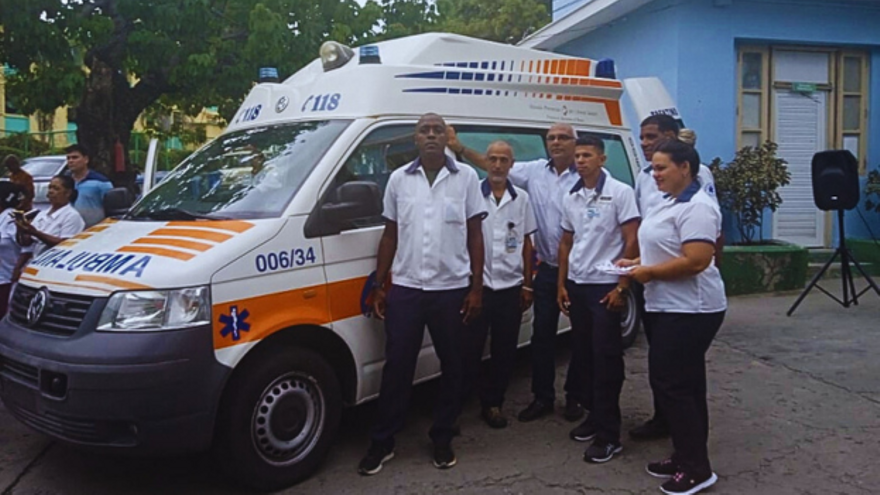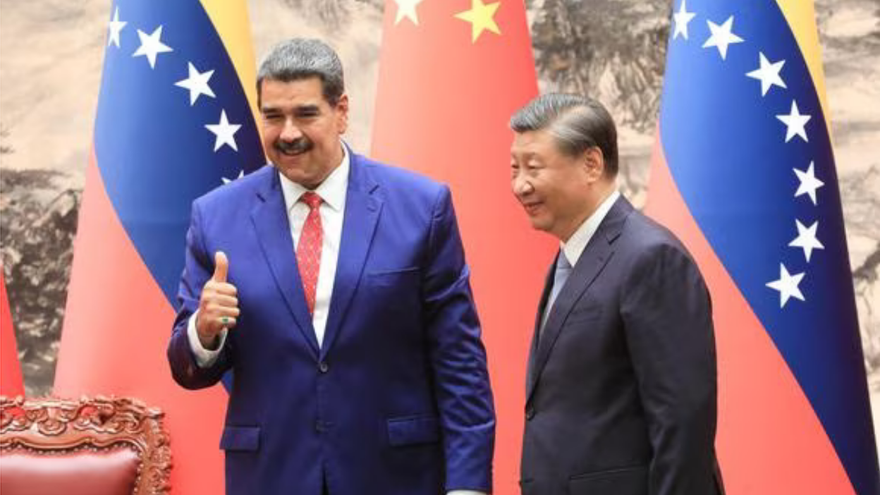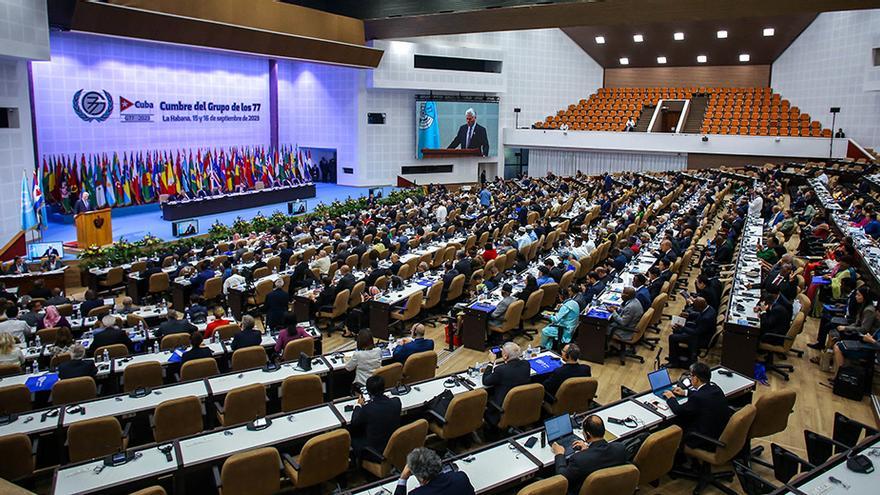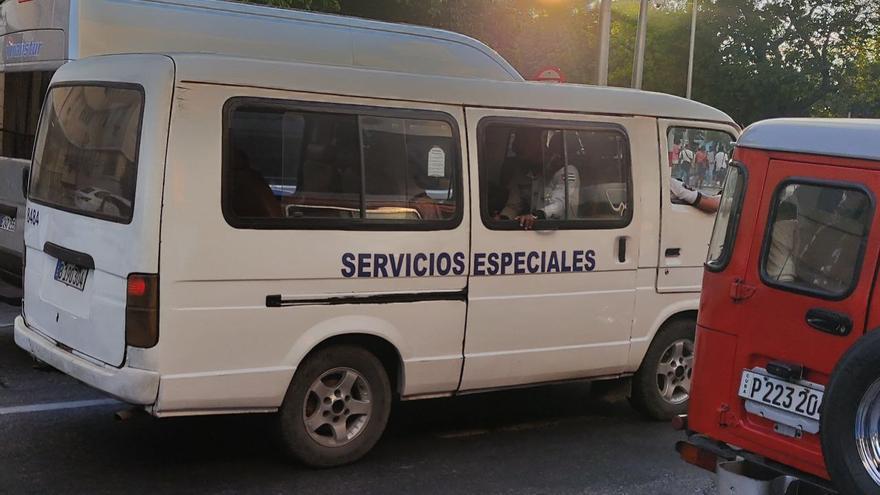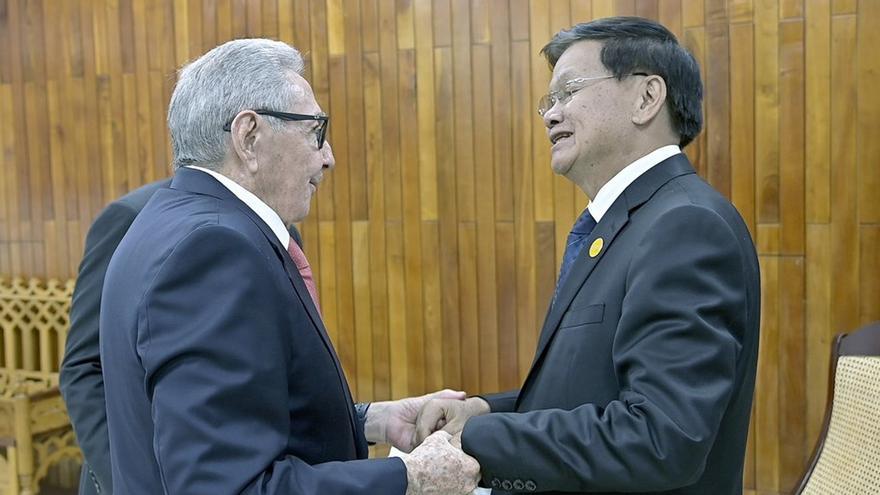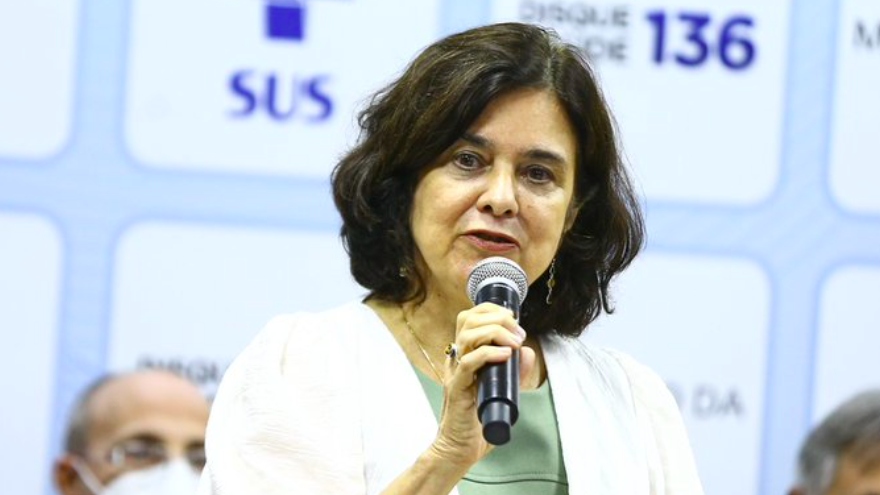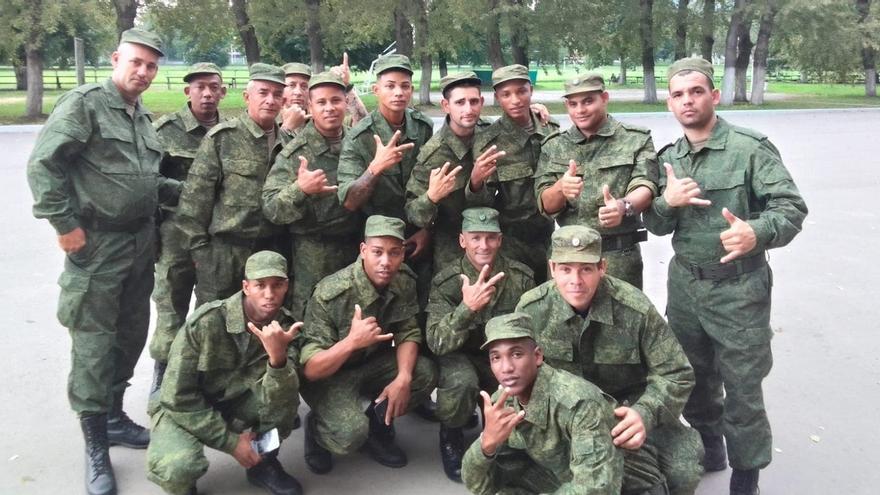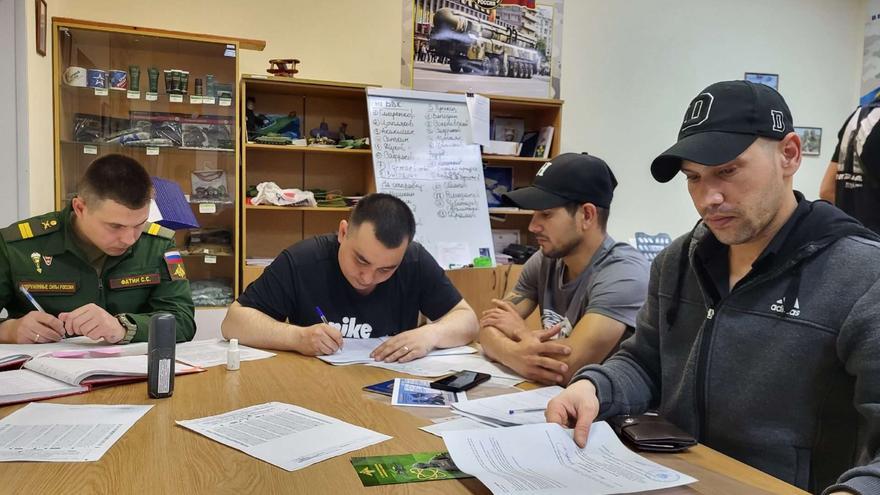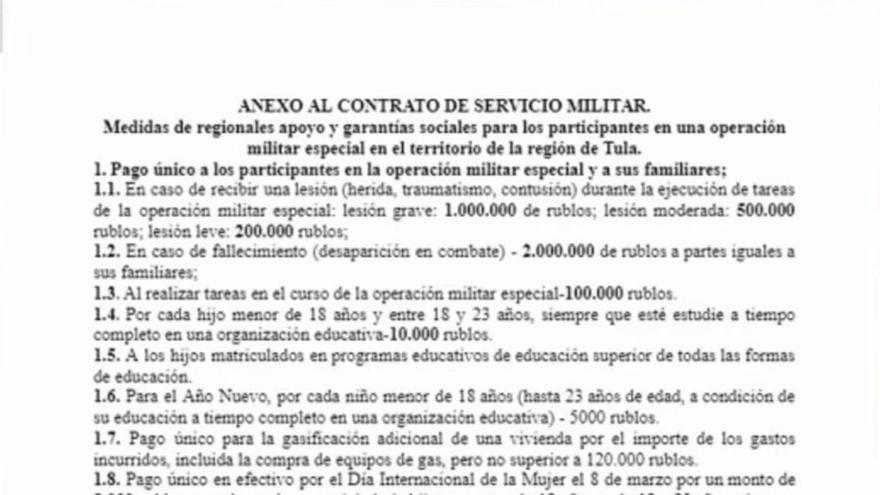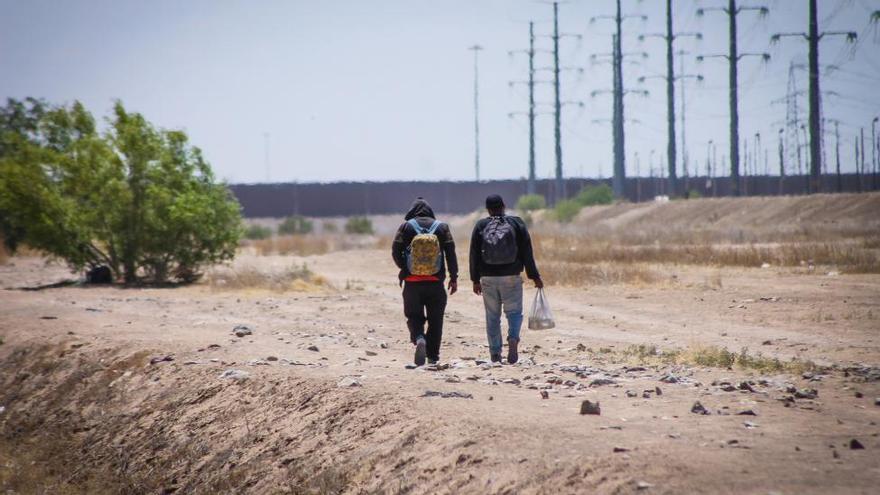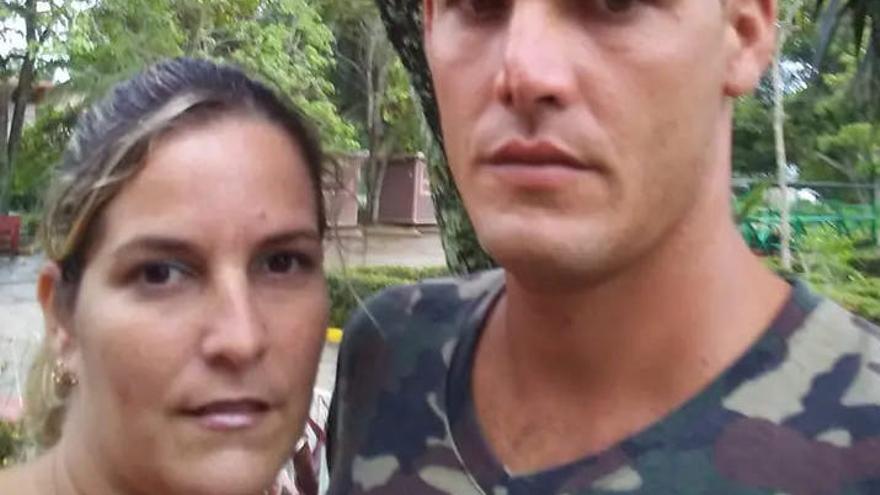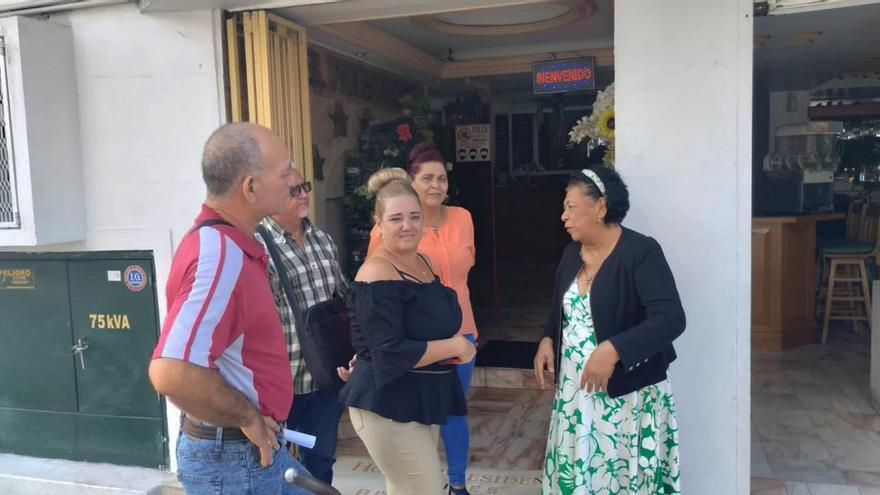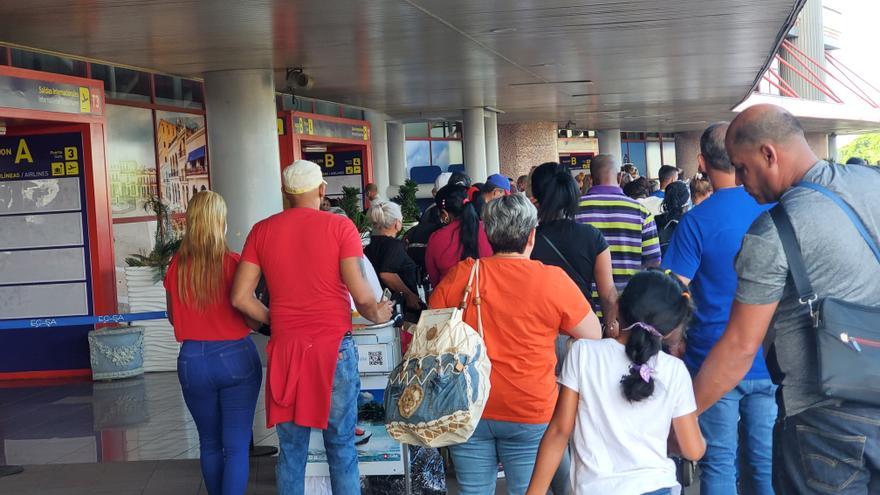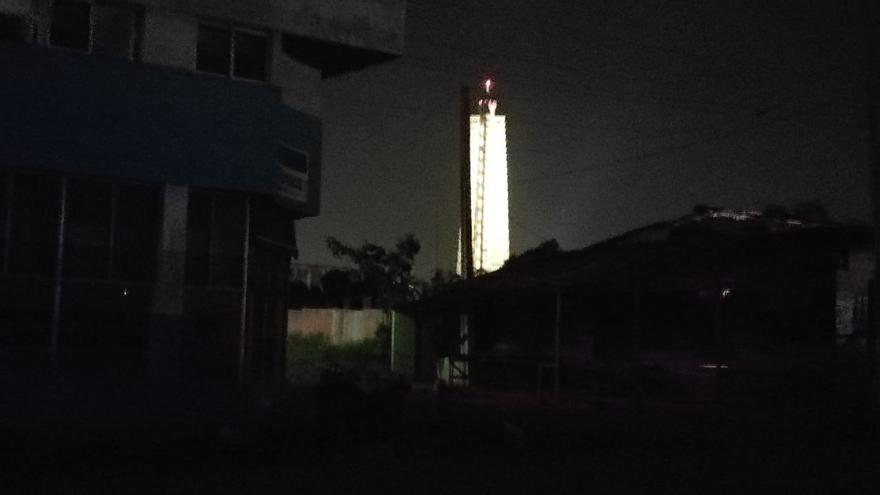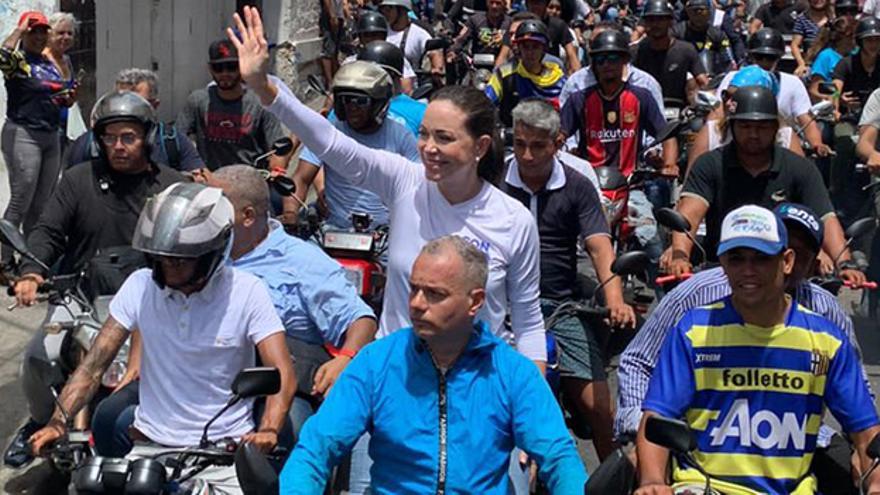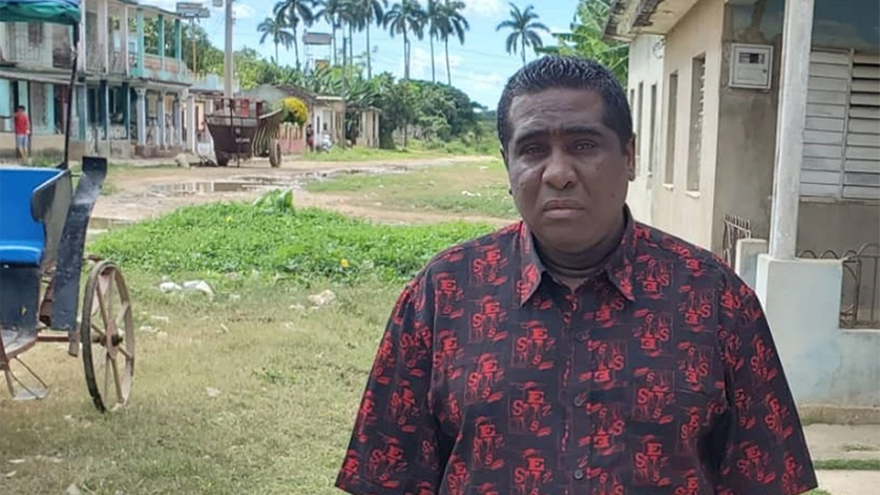
![]() 14ymedio, Havana, September 13, 2023 — The Independent Trade Union Association of Cuba (ASIC) sent a letter to Brazilian President Luis Inácio Lula da Silva on Tuesday requesting a meeting with the president during his attendance at the G77 plus China summit, which will be held in Havana on September 15 and 16.
14ymedio, Havana, September 13, 2023 — The Independent Trade Union Association of Cuba (ASIC) sent a letter to Brazilian President Luis Inácio Lula da Silva on Tuesday requesting a meeting with the president during his attendance at the G77 plus China summit, which will be held in Havana on September 15 and 16.
According to the letter, signed by Iván Hernández, general secretary of the organization, the objective is to discuss “the serious labor and union situation of the Island.” The letter, shared by Hernández on the social network X (Twitter), appeals from its first paragraphs to Lula’s past as a union leader during the military dictatorship in the 1970s. “Aware of your actions in defense of trade union rights (…) during your time as a metallurgical worker (…), we ask you for a brief space in your busy schedule,” the document states.
The secretary of ASIC also described the conditions of helplessness of Cuban workers, who “are devoid of mechanisms to channel their demands,” and said that, “on a regular basis,” trade union rights activists suffer harassment from Cuban counterintelligence – which threatens to fire them from their jobs or imprison them – as well as from the very institutions that should protect them.
“The Workers Central Union of Cuba (CTC), the only trade union organization allowed and which is controlled by the State, shows a high level of obsolescence (…) that keeps the worker in permanent distress by not having the basic resources for a dignified existence,” the text continues.
The activist complained about the current relations between workers and the State institutions, which, he said, insist on “taking positions that don’t allow for possible solutions” that would alleviate the country’s economic crisis. continue reading
Hernández invited the president to remove any “ideological” prejudice that may hinder his treatment with the ASIC, frequently discredited by the Cuban regime, and urged him to review the policies of Havana
“We address you as a supporter of the workers’ struggle,” the document states, reminding the president that basic guarantees such as the right to strike and collective bargaining, which are respected in Brazil, are “non-existent” in Cuba, which facilitates “the predominance of bureaucracy and corruption to the detriment of a climate that generates productivity, efficiency, fair wages and new jobs that overcome widespread underemployment,” he continues.
Hernández invited the president to remove any “ideological” prejudice that could hinder his dealings with ASIC, frequently discredited by the Cuban regime, and urged him to review the policies of Havana that, the activist says, “favor stagnation and lack of hope for a better future.”
Skeptical of the possibility of the Brazilian president agreeing to meet with an opposition organization, people commenting on the letter on social networks argued that Lula is one of Miguel Díaz-Canel’s closest allies. On X, a user wrote: “I think he’s asking the wrong person. Lula is an accomplice of this regime.”
Another called the document “worthless paper,” which will not even get an acknowledgment of receipt from the president. “But do they write to the thief Lula? The greatest ally of the dictatorship? The one who is raising taxes in Brazil and giving himself a great life with the people’s money? I didn’t understand,” said a third user.
Last February, the Alternative Democrática Sindical de las Américas (ADS), an association that brings together workers from the region, denounced the “arbitrary” detention of seven of their affiliated ASIC members for their opposition to the Cuban government.
According to the organization, the arrested trade unionists – among whom was Hernández himself – were accused of poisoning the water of several children’s daycare centers.
The ADS then stated that it has frequently denounced and rejected before international authorities and organizations the “permanent campaign of discredit, persecution and violation of human rights,” and pointed out that arbitrary detention was just one more strategy of the Government to “annihilate independent trade unionism.”
Translated by Regina Anavy
_______________
COLLABORATE WITH OUR WORK: The 14ymedio team is committed to practicing serious journalism that reflects Cuba’s reality in all its depth. Thank you for joining us on this long journey. We invite you to continue supporting us by becoming a member of 14ymedio now. Together we can continue transforming journalism in Cuba.

